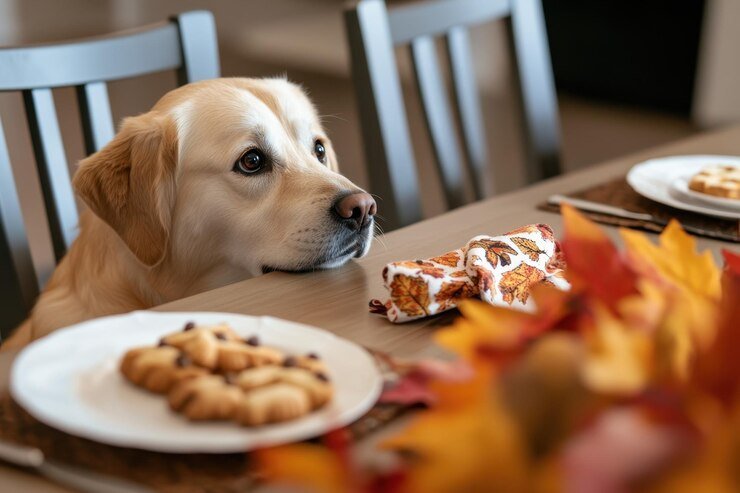What to Do When Your Dog Won’t Eat: Causes and Solutions
As a dog owner, seeing your furry friend refuse to eat can be concerning and stressful. While occasional changes in appetite can be normal, a prolonged refusal to eat may indicate underlying health issues or behavioral problems.

As a dog owner, seeing your furry friend refuse to eat can be concerning and stressful. While occasional changes in appetite can be normal, a prolonged refusal to eat may indicate underlying health issues or behavioral problems. Understanding the reasons behind your dog’s loss of appetite and knowing how to respond is crucial for their well-being. Let’s explore common causes and effective solutions.
Common Reasons Dogs Won’t Eat
1. Health Problems
A sudden change in appetite can be a sign of various health issues. Conditions such as dental problems, gastrointestinal disorders, infections, or chronic diseases can cause discomfort and lead to a decreased desire to eat. If your dog is lethargic, vomiting, or exhibiting other unusual behaviors, it’s essential to consult your veterinarian as soon as possible.
2. Stress and Anxiety
Dogs are sensitive to changes in their environment. New situations, such as moving to a new home, the arrival of a new pet, or changes in your routine, can cause stress and anxiety. Dogs may also be affected by loud noises like thunderstorms or fireworks, which can disrupt their appetite.
3. Picky Eating Habits
If your dog has been indulged with table scraps or high-value treats, they might develop picky eating habits. If they’ve become accustomed to gourmet meals, regular kibble might not seem appealing. This behavior can be addressed with consistent feeding routines.
4. Food Preferences
Just like humans, dogs can have food preferences. If you’ve recently switched their food, they may simply not like the new taste or texture. It’s important to transition to new foods gradually, allowing your dog to adjust.
5. Age-Related Changes
As dogs age, their nutritional needs and appetites may change. Older dogs may require different types of food or smaller portions. If your senior dog is eating less, consult your veterinarian to ensure they’re getting the proper nutrition.
What to Do If Your Dog Won’t Eat
1. Monitor Their Behavior
Keep an eye on your dog’s overall behavior. Are they still drinking water? Are they active and engaged? If your dog shows signs of lethargy or distress, a trip to the vet may be necessary.
2. Consult Your Veterinarian
If your dog refuses to eat for more than 24 hours, it’s important to consult your veterinarian. They can perform a thorough examination and run tests to identify any underlying health issues.
3. Create a Calm Environment
If stress or anxiety is suspected, create a calm and quiet space for your dog wont eat Reducing noise and distractions can help them feel more secure and comfortable during mealtime.
4. Enhance the Appeal of Their Food
Sometimes, making food more enticing can encourage your dog to eat. Try warming their food slightly to enhance the aroma or mix in wet food, bone broth, or a small amount of cooked meat to make it more appealing.
5. Limit Treats and Scraps
If your dog is refusing their regular food, consider limiting treats and table scraps. Establish a consistent feeding schedule and avoid free feeding, which can help encourage your dog to eat their meals.
6. Gradually Transition to New Foods
When introducing a new food, do so gradually. Start by mixing a small amount of the new food with their current food, slowly increasing the new food over several days. This allows your dog to adjust to the new flavors and textures without overwhelming them.
7. Regular Veterinary Check-Ups
Routine veterinary visits can help catch health issues early. Regular check-ups ensure your dog remains healthy and allows your vet to provide tailored dietary recommendations.
Conclusion
When your dog won’t eat, it can be a source of concern, but understanding the potential reasons and taking appropriate action can help. Always monitor your dog’s behavior, consult your veterinarian when necessary, and create a supportive environment. With patience and attention, you can help your furry friend regain their appetite and enjoy their meals once again.
By being attentive to your dog’s needs, you can ensure they lead a happy and healthy life!
What's Your Reaction?
















